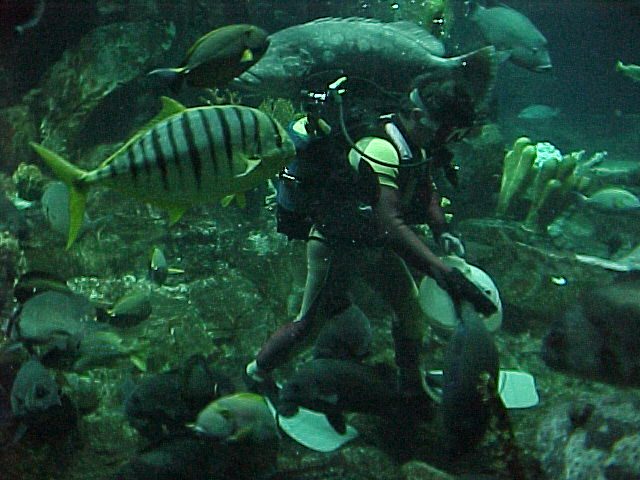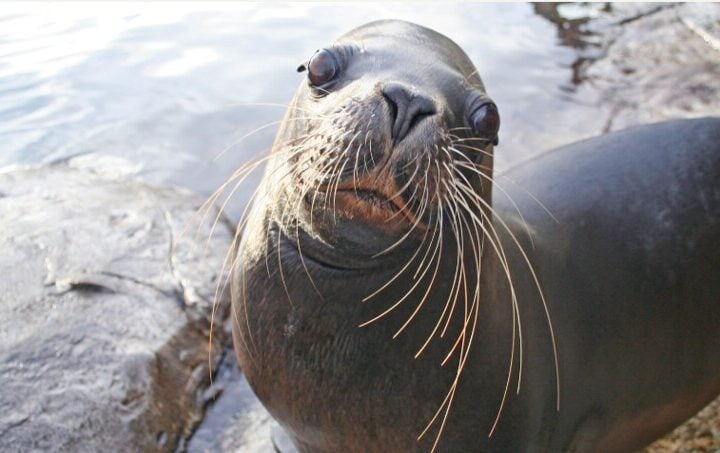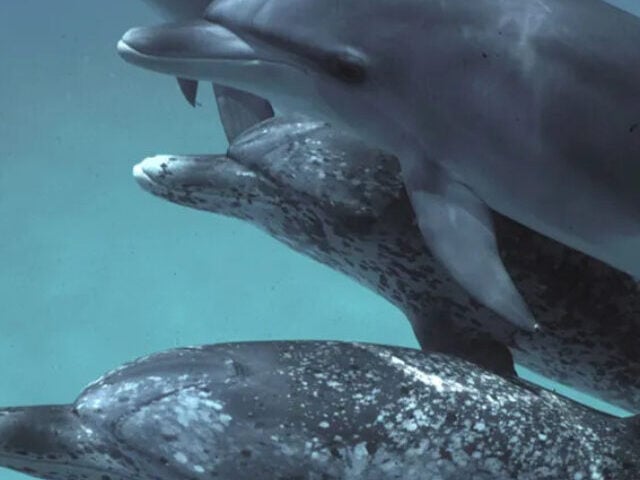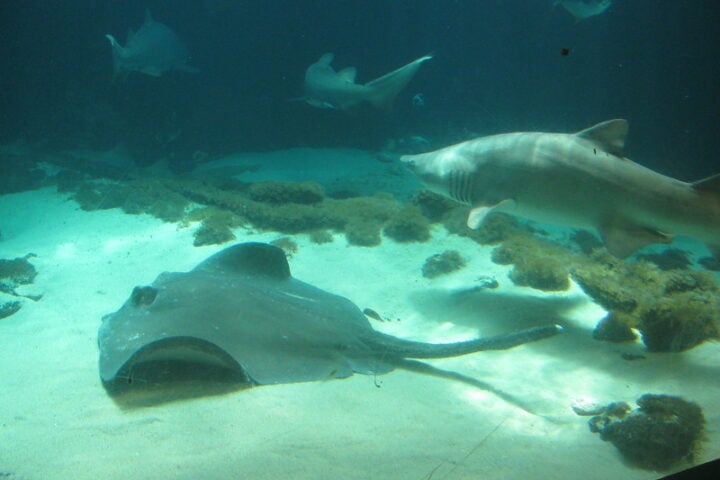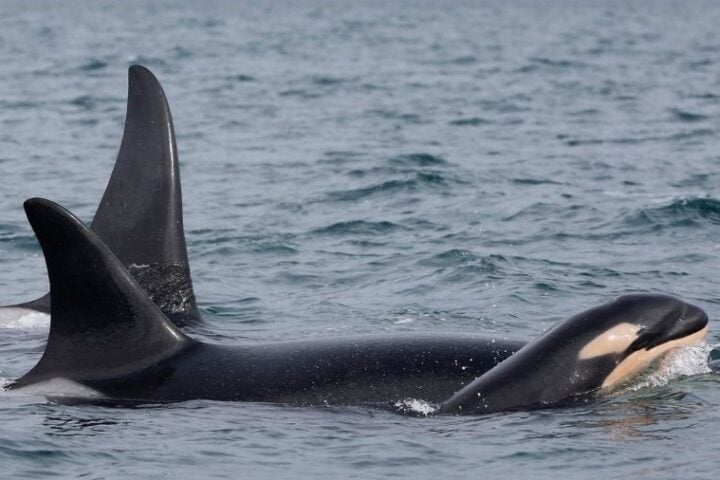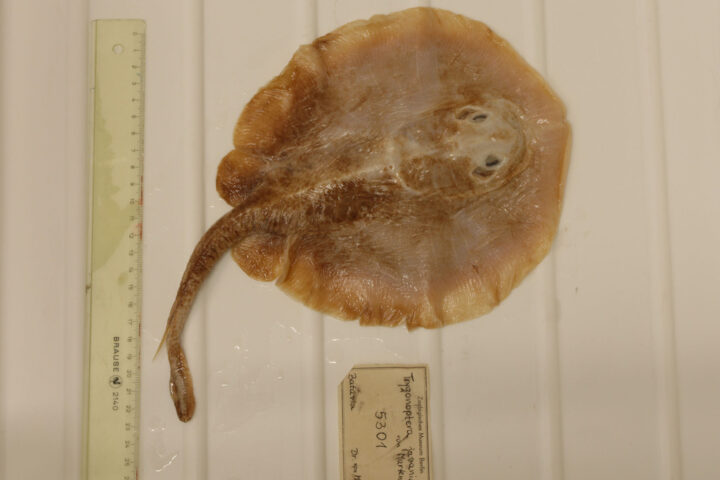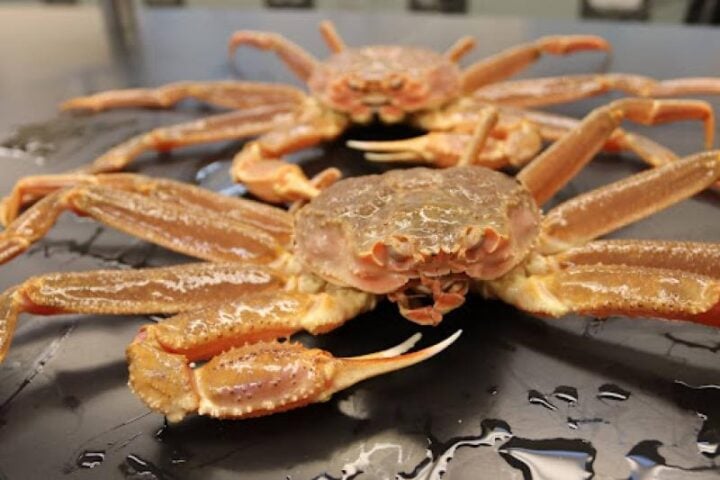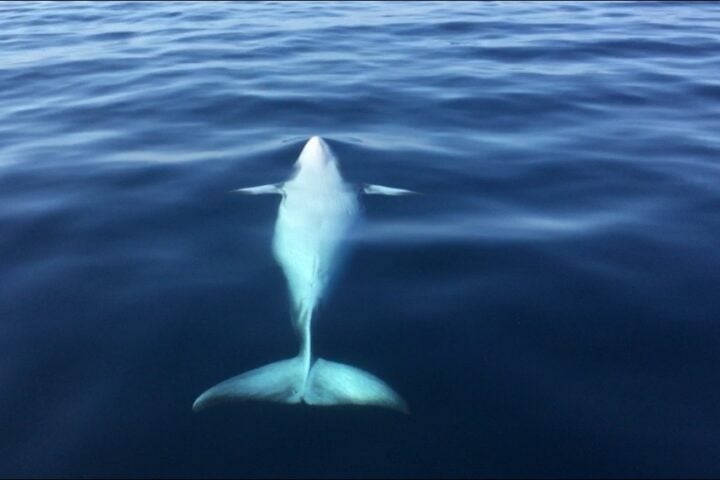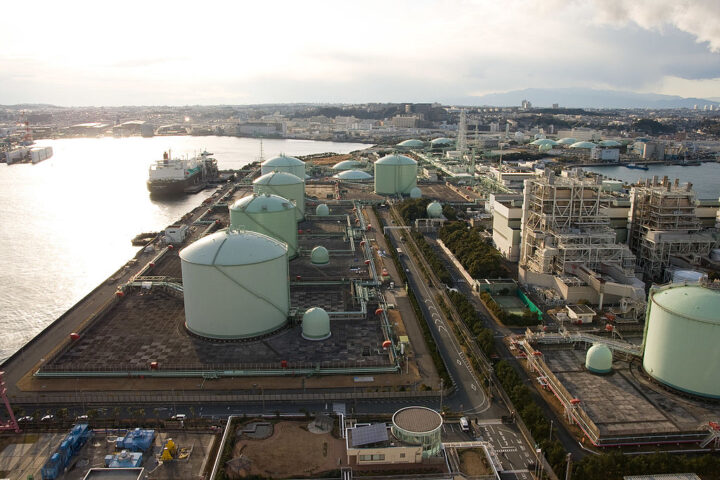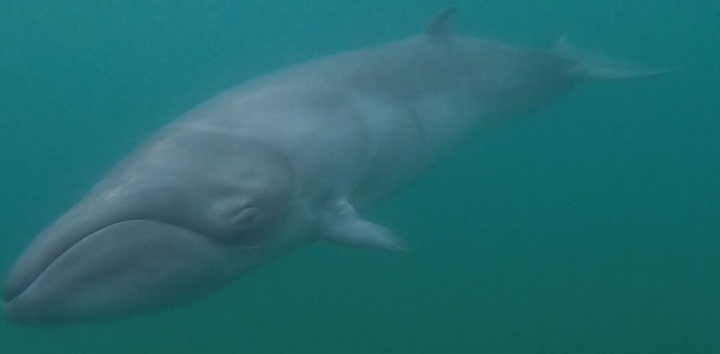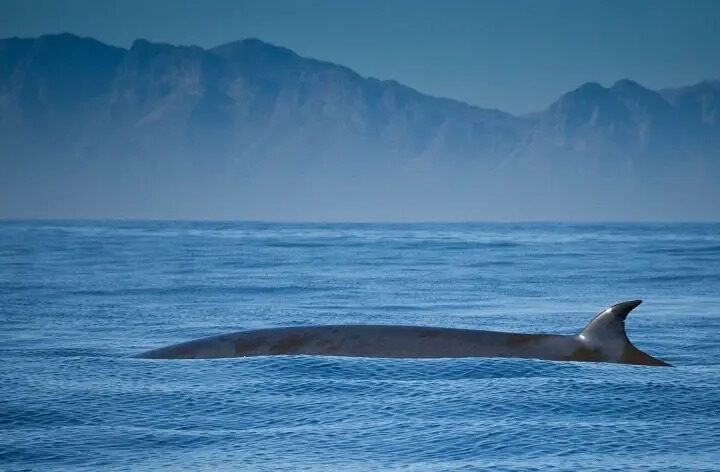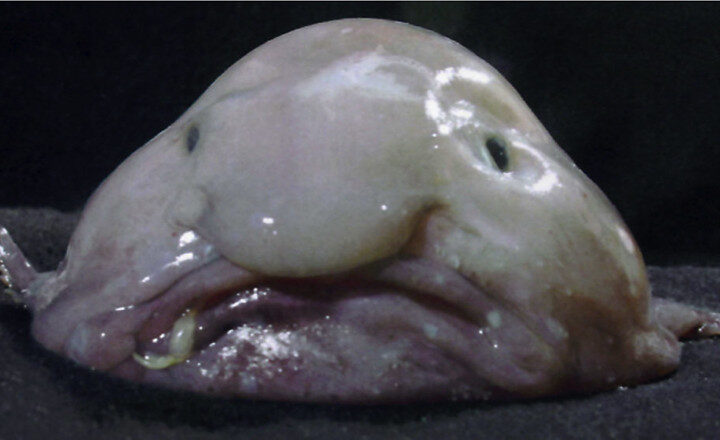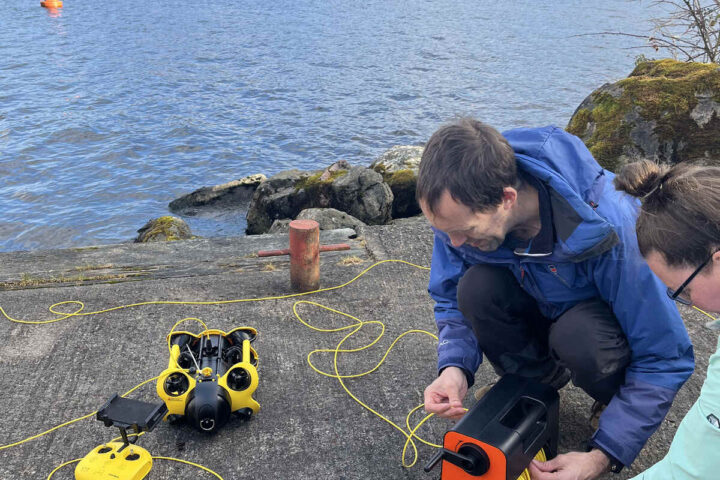Carbon wave, a Boston-based startup, has raised $5 million in venture funding to “upcycle” Sargassum seaweed into biomaterials, led by an affiliate of Natixis Investment Managers. At present, Florida’s west coast is gradually being hit by the largest-ever blob of Sargassum seaweed, with its outer edges already being washed up on local beaches.
The original plan of the company was to farm seaweed for conversion into biomaterial, but it was pivoted as Sargassum blooms began to proliferate, as told by Carbon wave CEO Geoff Chaplin to Axios. The Atlantic and Caribbean regions have experienced an extraordinary bloom of a seaweed called Sargassum for the past 12 years.
Sargassum, a plant, provides food and habitat to animals in the open ocean. Growing out of control during blooming, Sargassum causes huge floating mats in the ocean to wash ashore and clog beaches, creating unpleasant or unhealthy conditions for visitors.
Similar Posts
A record-setting bloom was experienced by the region, with around 9 million tons of sargassum turning up in March 2018. With the peak months of June and July yet to arrive, 13 million tons was the tally in March this year.
Carbon Wave turns seaweed, a nuisance washing up on Florida beaches, into functional biologically created materials. The company, which creates products with uses for a range of industries, has established locations in the US, Puerto Rico, and Mexico.
The Carbon Wave produces multiple different assets, including fertilizers and emulsifiers for use in cosmetics and even a vegan alternative to leather, by processing sea weed. Carbon wave has contracted several Florida resorts to remove the seaweed, and deals with local municipalities are also being sought by the company.
Funding of almost $13 million has been secured by Carbonwave, and multiple investors have been attracted, with another $2 million likely on the way.
Marco Oceans, a San Francisco-based startup that farms kelp for transformation into low-carbon chemicals, raised $5 million in seed funding, co-led by Refactor Capital, Low Carbon Capital, and McKinley Capital.
Similar Posts
The company seeks to take advantage of the sea weed’s natural ability to remove carbon pollution from the environment. The company‘s business model allows it to pay twice: first for removing the sargassum and then for the materials it produces from the seaweed.
The Carbon wave’s innovative approach can turn a problem into an asset while offering solutions to multiple industries and reducing carbon pollution, while in the process offering beachgoers a more enjoyable experience and manufacturing plant-based agricultural inputs as well as eco-friendly alternatives to both oil-based emulsifiers and faux leathers made from plastic.
The innovative approach of The Carbon Wave can turn a problem into an asset while offering solutions to multiple industries and reducing carbon pollution.

